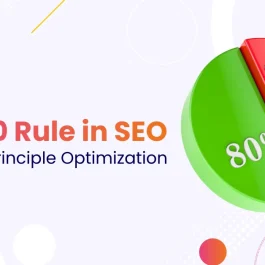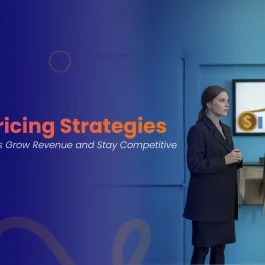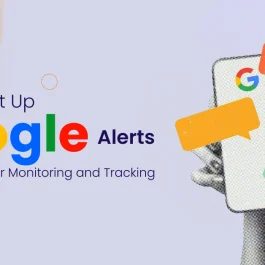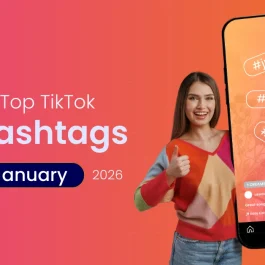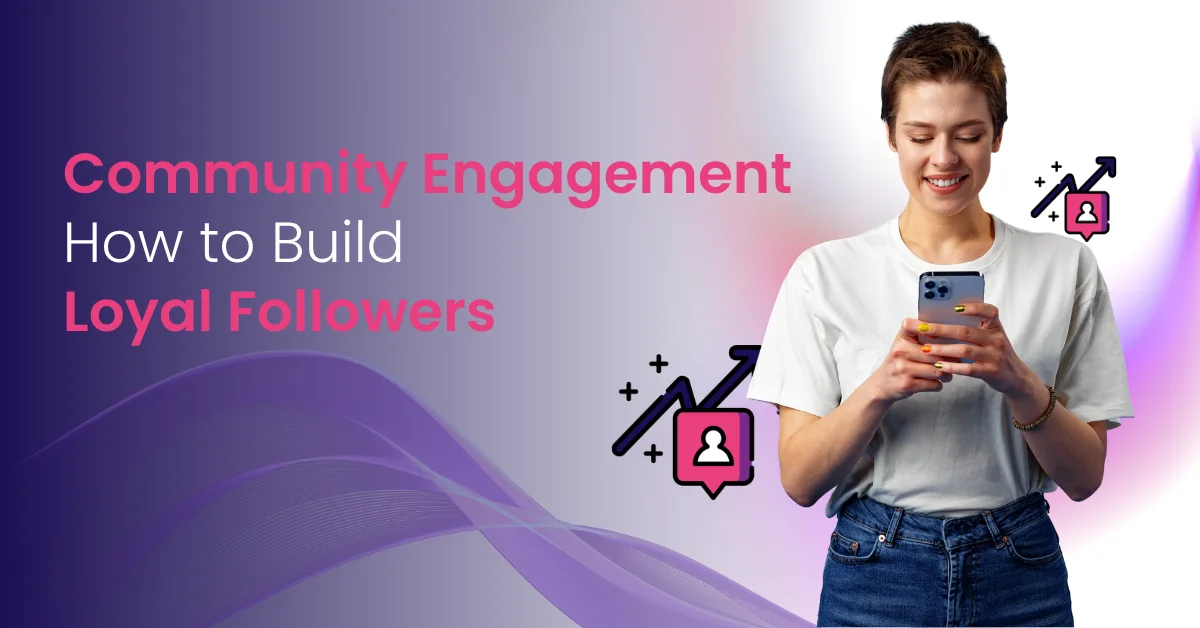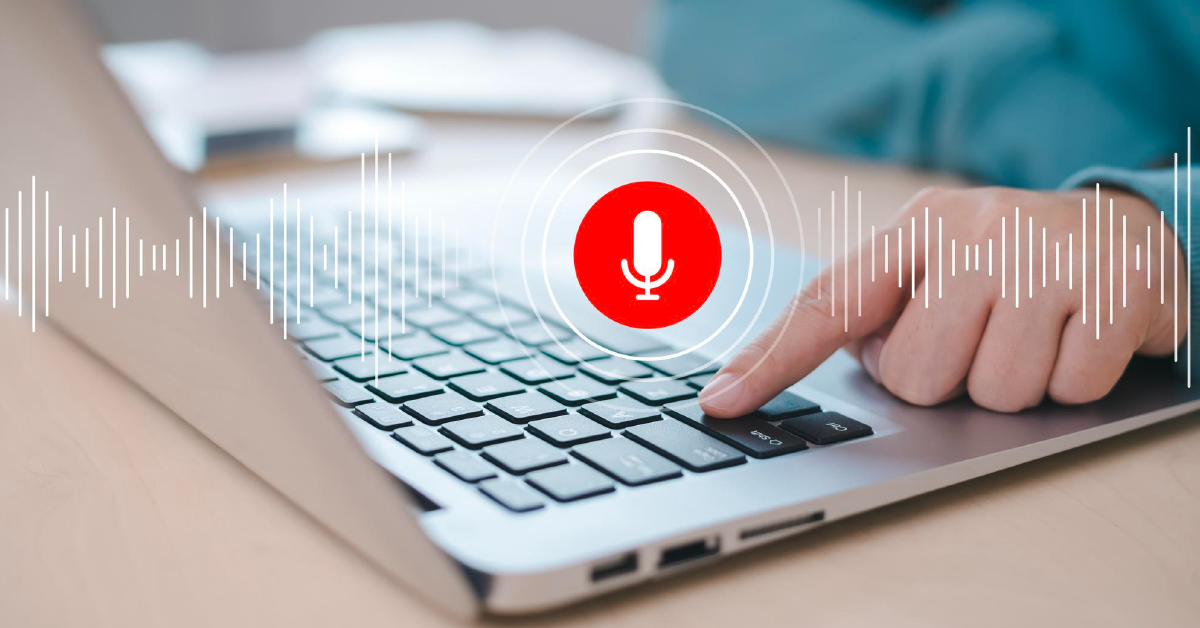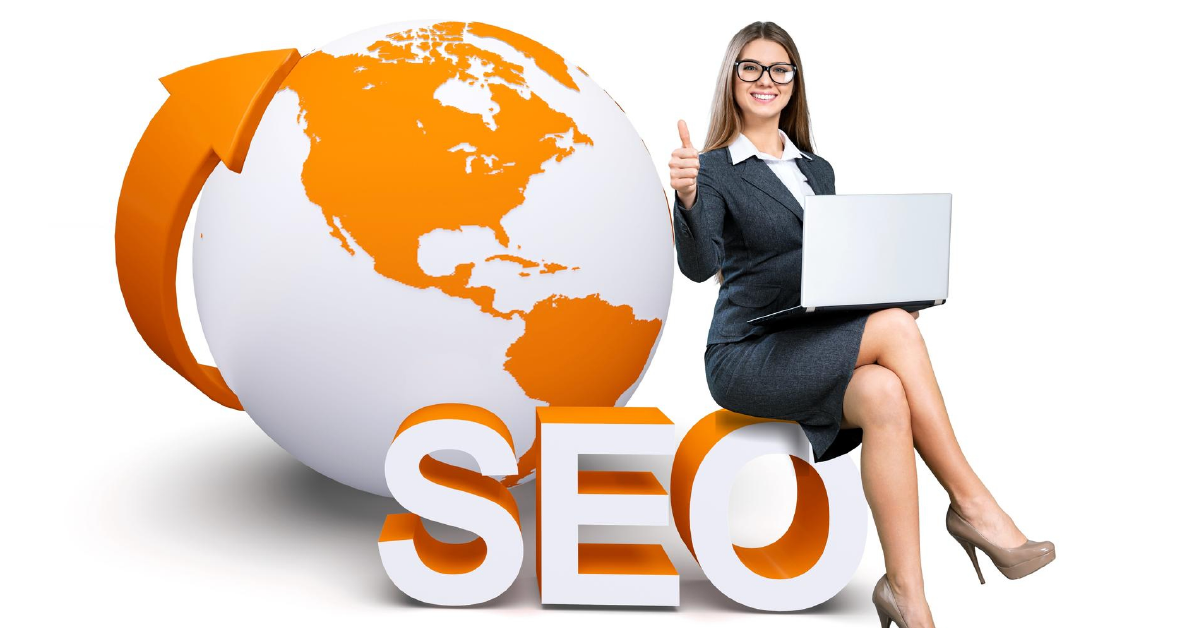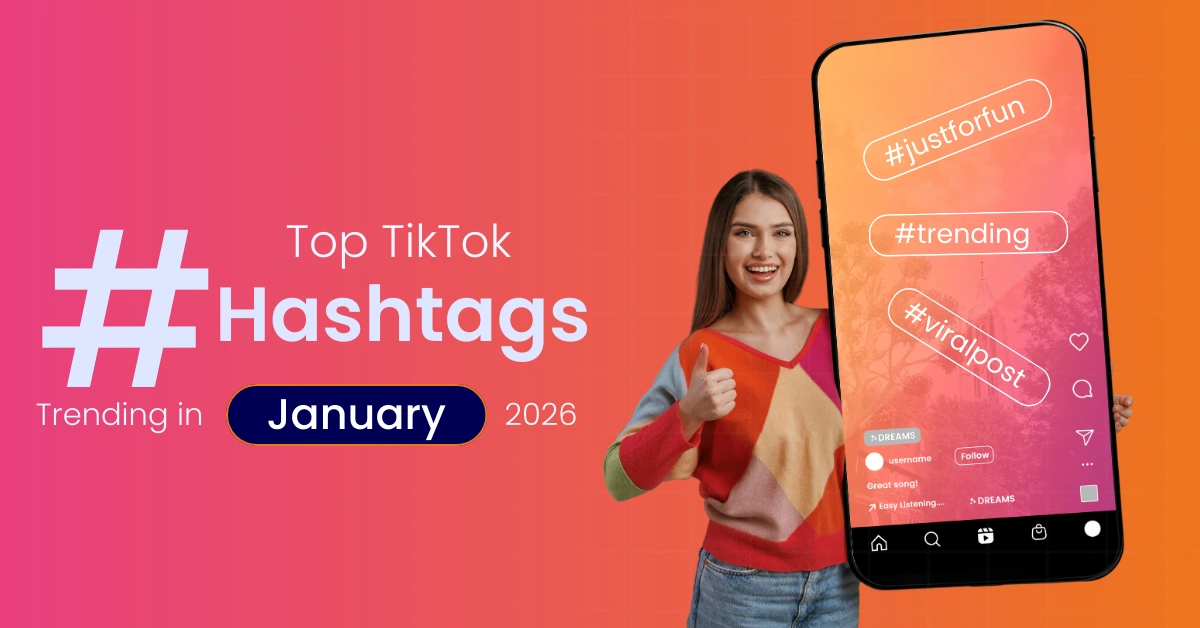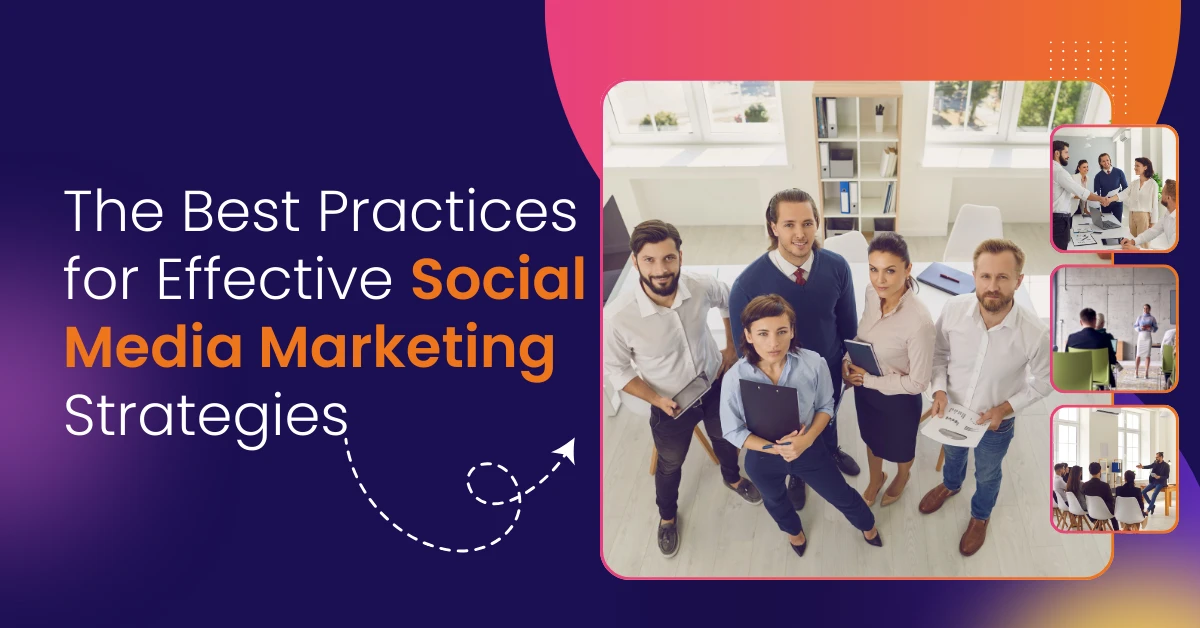6 min read
SEO and PPC are both strategic digital marketing techniques. SEO builds over time with authority. PPC brings instant traffic with precision and control.
Understanding the difference between SEO and PPC is crucial for increasing organic authority or looking for fast campaign success. Having the right strategy is key to achieving marketing ROI.
So, what makes each strategy unique? In this blog, we’ll explore how they work together, and find out which path, or combination, fits your business best.
Table of Contents
What Is SEO? Your Long-Term Growth Opportunity
SEO ( or Search Engine Optimization) is the practice of optimizing a website or its content to improve rankings on search engines like Google, Bing, etc.
1. Benefits of SEO
Search Engine Optimization focuses on organic visibility. It’s about being discovered by the users. SEO can drive sustainable organic traffic to your website when executed well. It can-
- Improve search engine rankings through relevant, optimized content
- Increase trust and credibility by ranking in unpaid results
- Enhance overall user experience with better structure, speed, and intent alignment
The beauty of SEO lies in its compound effect. You don’t pay for every click in SEO, unlike PPC. With time and consistency, it delivers a strong return through ongoing visibility and authority.
2. Drawbacks of SEO
SEO is not a quick fix. It’s an ongoing process. Challenges include:
- Time to impact: SEO takes months to deliver tangible results
- Changing algorithms: Google’s frequent updates can shift rankings overnight
- Technical demands: From schema to page speed, optimization is continuous
- ROI tracking: While measurable, attribution can be nuanced compared to PPC
For brands, SEO is the long-term growth that doesn’t stop as long as you keep optimizing it.
Understanding PPC
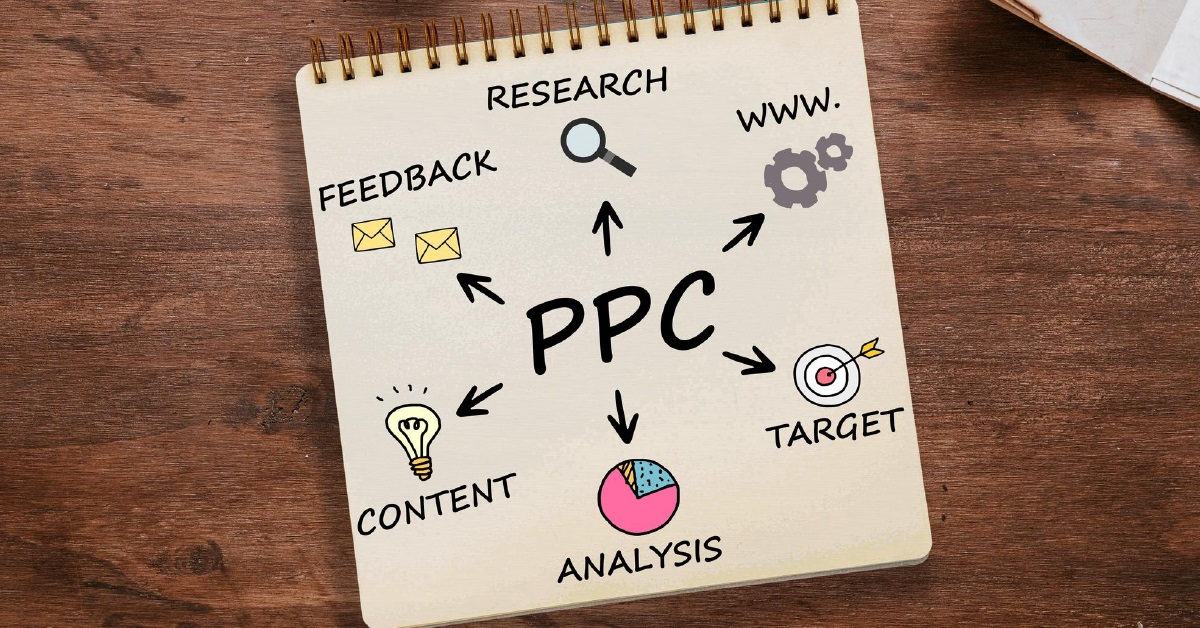
PPC ( or simply Pay-Per-Click ) is a type of online advertising where you pay only when someone clicks on your ad on platforms like Google, Facebook, LinkedIn, etc.
1. Benefits of PPC
Pay-Per-Click advertising gives your brand instant targeted traffic. With the right targeting, you can:
- Get immediate visibility on (SERPs) search engine results pages
- Laser-target by keyword, location, device, and audience behavior
- Track everything: clicks, conversions, costs in real time
- Option to optimize budget and performance
PPC delivers better results for product launches, promos, or high-stakes campaigns.
2. Disadvantages of PPC
PPC is fast but not budget-friendly. It has:
- Higher costs in competitive industries and keywords
- Dependency on the budget.
- Ad fatigue – It means that the users may start ignoring ads, which reduces their effectiveness
- Less credibility. Organic results still hold more trust than paid placements
Still, when immediate results matter, PPC is your performance-driven powerhouse.
SEO vs PPC: Core Differences at a Glance
| Feature | SEO | PPC |
| Visibility Timeline | Long-term growth, slow ramp-up | Immediate exposure, quick traffic |
| Cost Structure | Free clicks, investment in content | Paid clicks, ongoing ad spend |
| Credibility | Higher user trust (organic) | Sponsored label may reduce trust |
| Maintenance | Continuous but gradual updates | Frequent bid and ad optimizations |
| Data & Insights | Keyword trends, traffic growth | Detailed CTR, CPC, conversion data |
This will help you understand what technique your marketing requires- one specific or a combination of both.
Keyword Research and Planning: The Fuel for Both Strategies
Both SEO and PPC depend on keyword research. Understanding the search trend is necessary to target the right audience. Whether you’re crafting long-form content or bidding for ad space.
Here’s why keyword strategy matters:
SEO: The right keywords improve rankings and attract users ready to act. They boost visibility and drive consistent, high-intent traffic organically.
PPC: The right keywords make your ads relevant, cut waste, and increase ROI by matching user search intent with precision.
There are some tools like Google Ads, SEMrush, and keyword planners that help:
- Identify search volume and competition
- Map keywords to different stages of the buyer journey
- Discover long-tail keywords and high-converting terms
- Track keyword performance to refine campaigns
Combining SEO and PPC for Better Results
Combining SEO and PPC offers a hybrid strategy that accelerates growth while building long-term equity. So, why choose one when you can amplify results using both?
Here’s how the synergy works:
- PPC provides instant data: Test which keywords convert, then build SEO content around them.
- SEO builds credibility: Ranking organically enhances trust, while PPC reinforces presence.
- Shared targeting: Leverage common audience insights across both strategies for higher conversion rates.
- Dominated SERPs: Appear in both paid and organic results—maximizing visibility and reducing clicks for competitors.
With the right strategy, this duo doesn’t compete; it collaborates to scale results.
Importance of doing Competitive Analysis
Both SEO and PPC strategies depend on competitor data. Tools like Semrush, Ahrefs, Google Ads, etc., help you replicate and outperform your competitors’ strategies.
They help in:
- Understanding the competitor website’s organic results, keywords, and rankings
- Knowing performance metrics: CTR, CPC, and conversion
- Trace competitor strategies, keywords, ad copies, and backlinks
- Know market trends and emerging search intents
Framing Effective Ad Copy for PPC
In the world of paid advertising, words win.
The right PPC ad copy:
- Aligns with search intent
- Uses target keywords naturally
- Includes calls-to-action ( CTAs ) that attract user actions.
- Helps reflect your landing page to reduce bounce and improve conversions
A/B testing different headlines, CTAs, and descriptions reveals what resonates best. Monitor metrics like CTR, quality score, and cost per conversion to scale what works.
At Varun Digital Media, we don’t just write ads; we create conversion micro-messages that speak to your audience’s desires.
Effective Digital Marketing Strategy
SEO and PPC are tactical. But without a clear digital marketing strategy, they’re just isolated tools.
A successful strategy:
- Begins with audience and objective clarity
- Maps the full funnel from awareness to conversion
- Combines SEO, PPC, content marketing, and social media in harmony
- Prioritizes budget allocation based on growth velocity and ROI potential
Think of SEO as your foundation, PPC as your amplifier, and strategy as your orchestra. Alone, each plays a role. Together, they create a winning campaign.
Choosing the Right Strategy: SEO, PPC, or Both?
If you need instant results, PPC delivers. If you’re building depth, SEO scales. But the smartest brands? They use both.
PPC gives you instant reach, ideal for launches, promotions, or testing offers. SEO builds trust and organic momentum over time, compounding returns without ongoing spend.
Not sure where to start?
- New launch? Use PPC to gain traction while SEO ramps up
- Tight on budget? Prioritize SEO for long-term growth
- In a competitive space? Blend both to own the SERP
- Optimizing funnels? Let PPC test, then SEO refine
At Varun Digital Media, we customize SEO and PPC to your growth stage, audience intent, and conversion goals so every click moves you closer to ROI. Lean More
Measuring and Optimizing SEO and PPC Campaigns
Optimization is not a one-time task; it’s the core of digital marketing.
For SEO, track:
- Organic traffic growth
- Keyword ranking improvements
- Bounce rate and time-on-site
- Backlink acquisition and authority scores
For PPC, monitor:
- CTR (Click-Through Rate)
- CPC (Cost Per Click)
- Conversion Rate and ROAS
- Quality Score and Ad Position
Tools like Google Analytics, Google Search Console, and PPC dashboards provide deep insights. But insights alone don’t win. Continuous testing, learning, and adapting do.
Stop wasting budget on isolated strategies. Start building a data-powered marketing strategy
for growth, speed, and ROI.
Frequently Asked Questions
1. What is the main difference between SEO and PPC?
SEO earns your visibility organically—by building trust with search engines over time. PPC, on the other hand, buys that visibility by paying for each click. One is an asset you own. The other is a channel you rent.
2. Which is best for my business, between SEO and PPC?
It depends on your marketing goals. SEO is the best option if you’re looking for brand authority and steady, long-term results. But if you need immediate results and don’t mind spending, then PPC is the right choice for your campaigns.
That said, smart businesses combine both for better results and authority.
3. Can I use SEO and PPC together?
Yes, businesses must try to combine both SEO and PPC for better results. PPC gives instant results based on keywords, user intent, and ad copy. That intelligence can directly sharpen your SEO strategy as well. Using both will help you create a funnel that attracts traffic and converts.
4. Why is PPC costly compared to SEO?
PPC ( or pay-per-click) costs you for every click made on your ad. The charges for those clicks depend on several factors like competition, niche, industry, etc. On the other hand, SEO delivers traffic that doesn’t charge admission but takes some time to show results.
5. When can I expect results from the SEO?
SEO is like a marathon. It takes time to show meaningful results that can vary from 3 to 6 months. Think of it as building a digital investment that drives traffic long after the work is done.
6. What are some key benefits of PPC marketing?
Some of the key benefits of PPC are-
- It shows up instantly where your audience searches
- You can reach the right people ( by location, device, or behavior )
- One can track every click, cost, and conversion
- PPC ads can be paused or modified when needed.
7. How can I select the right target keywords for SEO and PPC?
Finding the right keywords is very important for successful campaigns. Tools like SEMrush, Ahrefs, Google Keyword Planner, etc, help find the high-converting and relevant keywords. Focus on long-tail intent-based keywords for SEO and try to find queries with buyer intent for PPC.
8. What happens if I stop paying for PPC ads?
The moment you pause a PPC campaign, your visibility disappears. No ad spend = no traffic. This makes it very important to balance PPC campaigns with SEO, as it continues to bring traffic long after the content is published.
9. Can insights from PPC campaigns help improve my SEO campaign?
Yes. Your PPC campaign insights and data tell you about the right keywords, copy, and what audiences to target. This data can be used directly in your SEO content strategy and on-page optimization.
10. How do I measure the success of my SEO and PPC campaigns?
Measuring the success of SEO and PPC depends on the following parameters-
For SEO:
- Organic traffic growth
- Keyword ranking movement
- Engagement metrics (bounce rate, time on page)
- Conversion rate from organic visits
For PPC:
- Click-through rate (CTR)
- Cost per click (CPC)
- Conversion rate and ROAS (Return on Ad Spend)
- Quality Score and Ad Relevance
We recommend setting shared KPIs across both to track full-funnel performance and not just clicks.
Published: July 29th, 2025
